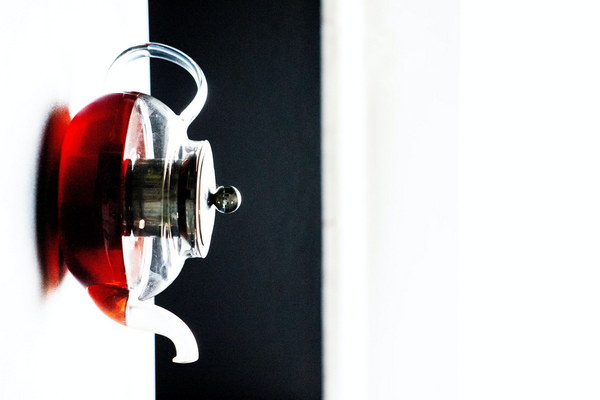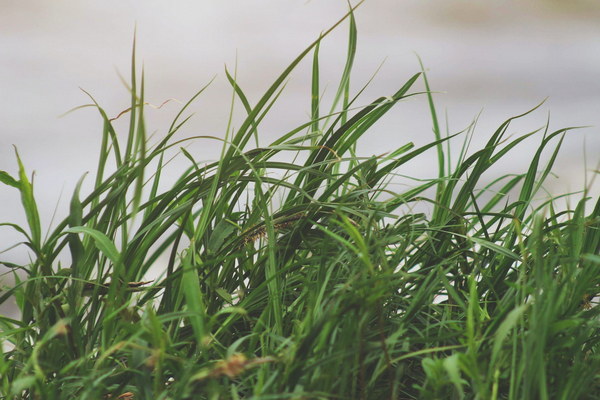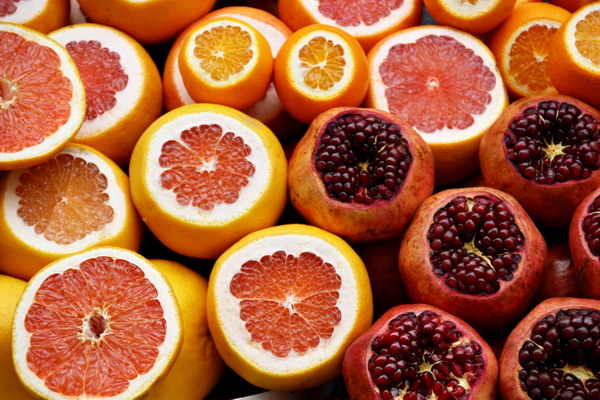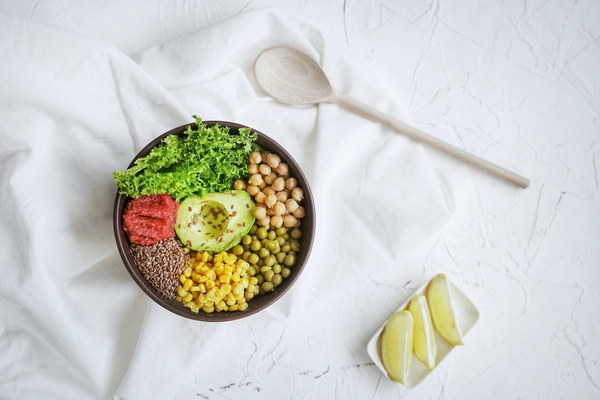Optimizing Cat Health Essential Tips for Liver and Kidney Care
Introduction:
Cats are delightful companions that require proper care and attention to maintain their overall health. Two of the most vital organs in a cat's body are the liver and kidneys. These organs play crucial roles in detoxifying the body, filtering waste, and maintaining electrolyte balance. Ensuring your feline friend's liver and kidneys remain healthy is essential for their longevity and well-being. In this article, we will explore essential tips and strategies to help you care for your cat's liver and kidneys.
1. Balanced Diet:

A balanced diet is the cornerstone of maintaining your cat's liver and kidney health. Choose high-quality cat food that meets the nutritional standards set by the Association of American Feed Control Officials (AAFCO). Ensure the food is formulated for your cat's age, weight, and activity level. Incorporate the following into your cat's diet:
- Low-fat protein sources: Cats require protein for energy and tissue repair, but excessive fat can strain the liver.
- Omega-3 fatty acids: These healthy fats support kidney function and can be found in fish oil supplements.
- Antioxidants: Foods rich in antioxidants, such as blueberries, cranberries, and green leafy vegetables, can help protect the liver and kidneys.
2. Regular Veterinary Check-ups:
Regular visits to the veterinarian are crucial for early detection and treatment of liver and kidney issues. During these check-ups, your vet will assess your cat's overall health, including liver and kidney function. They may recommend blood tests, urinalysis, or other diagnostic procedures to monitor the health of these organs.
3. Hydration:
Proper hydration is essential for kidney health. Ensure your cat always has access to fresh, clean water. You can encourage hydration by providing a variety of water sources, such as a water fountain or a bowl placed in a quiet area of the home.
4. Limiting Certain Foods:
Certain foods can be harmful to your cat's liver and kidneys. Avoid feeding your cat the following:
- Onions, garlic, and chives: These contain thiosulphate, which can cause hemolytic anemia in cats.
- Grapes, raisins, and sultanas: These can lead to acute kidney failure.
- Xylitol: A sweetener found in some sugar-free products, xylitol can cause hypoglycemia and liver failure in cats.
5. Avoiding Obesity:
Excess weight can put a strain on the liver and kidneys. Keep your cat at a healthy weight by monitoring their food intake and providing regular exercise. Play with your cat, encourage them to chase after toys, and take them for walks if possible.
6. Managing Chronic Conditions:
If your cat has a chronic condition that affects their liver or kidneys, such as feline hepatic lipidosis (FHL) or chronic kidney disease (CKD), it's crucial to manage it properly. Follow your veterinarian's treatment plan, which may include medication, dietary changes, and regular monitoring.
7. Stress Reduction:
Stress can exacerbate liver and kidney issues. Provide a calm and comfortable environment for your cat, with hiding spots and scratching posts. Spend quality time with your cat, offering affection and attention to help reduce stress.
Conclusion:
Caring for your cat's liver and kidneys involves a combination of proper nutrition, regular veterinary care, and a healthy lifestyle. By following these essential tips, you can help ensure your feline friend enjoys a long, healthy life. Remember, early detection and intervention are key to preventing serious complications. Keep an eye on your cat's behavior, weight, and overall health, and consult with your veterinarian if you notice any changes or concerns.









